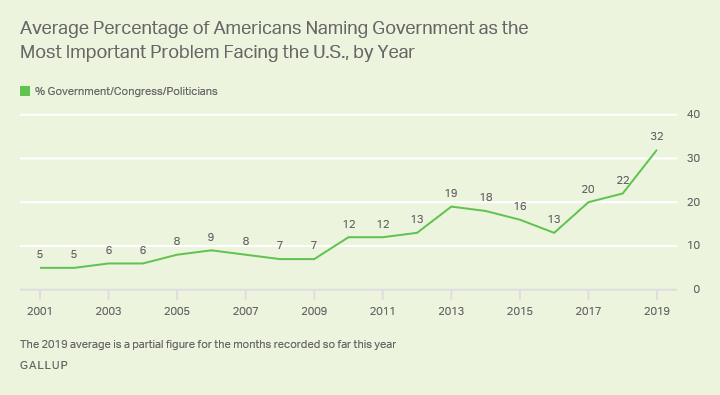A senior European Commission economist has warned that a Third World War is an extremely “high probability” in coming years due to the disintegration of global capitalism.
In a working paper published last month, Professor Gerhard Hanappi argued that since the 2008 financial crash, the global economy has moved away from “integrated” capitalism into a “disintegrating” shift marked by the same sorts of trends which preceded previous world wars.
Professor Hanappi is Jean Monnet Chair for Political Economy of European Integration — an European Commission appointment — at the Institute for Mathematical Models in Economics at the Vienna University of Technology. He also sits on the management committee of the Systemic Risks expert groupin the EU-funded European Cooperation in Science and Technology research network.
In his new paper, Hanappi concludes that global conditions bear unnerving parallels with trends before the outbreak of the first and second world wars.
Key red flags that the world is on a slippery slope to a global war, he finds, include:
- the inexorable growth of military spending;
- democracies transitioning into increasingly authoritarian police states;
- heightening geopolitical tensions between great powers;
- the resurgence of populism across the left and right;
- the breakdown and weakening of established global institutions that govern transnational capitalism;
- and the relentless widening of global inequalities.
These trends, some of which were visible before the previous world wars, are reappearing in new forms. Hanappi argues that the defining feature of the current period is a transition from an older form of “integrating capitalism” to a new form of “disintegrating capitalism”, whose features most clearly emerged after the 2008 financial crisis.
This system is now entering a period of disintegration. Previously, fractures within the system between rich and poor were overcome “by distributing a bit of the gains of the tremendous increase of the fruits of the global division of labour to the richer working classes in these nations.” Similarly, international tensions were diffused through transnational governance frameworks and agreements for the regulation of capitalism.
But since the 2008 financial crisis, wealth distribution has worsened, with purchasing power for the middle and working classes declining as wealth becomes even more greatly concentrated.
Great power conflict
Hanappi explores three potential scenarios for how a new global conflict could unfold. In his first scenario, he explores the prospect of a war between the three most prominent military powers: the US, Russia and China.
There are growing signs of heightened great power tensions which could erupt entirely by accident or unanticipated provocation into a global conflict that nobody wants.
The US-China trade war is escalating, while both powers tussle over technology secrets and argue over China’s growing military footprint in the South China Sea. Meanwhile Trump’s massive expansion of the US Navy and Air Force point to preparations for a major potential conflict with either China or Russsia.
Both the US and Russia have jettisoned a critical nuclear treaty established since the Cold War opening the way to a nuclear arms race. North Korea remains unrepentant about its ongoing nuclear weapons programme while Trump’s tearing up of the nuclear agreement with Iran disincentivises that country from complying with disarmament and reporting terms.
Small wars, global contagion
Hanappi’s second scenario explores the prospect of a series of “small civil wars in many countries”. The ingredients for such a scenario are rooted in the resurgence of both right-wing and left-wing populism. “Both variants — sometimes implicitly, sometimes explicitly — refer to a past historical national state form that they propose to return to,” explains Hanappi.
...the potential exists for outbreaks of national civil war between emerging paramilitary branches of right-wing and left-wing populist movements, in the context of either movement adopting state power and coming into conflict with the opposition.
Hanappi warns of the possibility of a regional or global “contagion” effect, if these breakdowns occur within a similar time-scale. In that scenario:
These need to be grasped and activated whether or not war breaks out. Further, we need to work to sound the alarm, relentlessly, at all levels to raise awareness of the true nature of the phase shift we now find ourselves in as a species. Whatever ultimately emerges, the end is not nigh – rather, we stand at the unknown dawn of a new beginning.
